- Добавил: Natali26
- Дата: 6-02-2025, 23:57
- Комментариев: 0
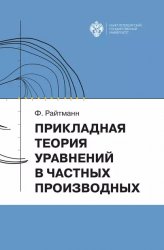 Название: Прикладная теория дифференциальных уравнений в частных производных
Название: Прикладная теория дифференциальных уравнений в частных производныхАвтор: Ф. Райтманн
Издательство: Санкт-Петербургский государственный университет
Год: 2019
Формат: pdf
Страниц: 205
Размер: 40,28 Мб
Язык: русский
В пособии излагаются некоторые разделы прикладной теории дифференциальных уравнений в частных производных. В частности, рассматривается вариационная постановка двухфазовой задачи микроволнового нагрева. На основании теории центрального многообразия обсуждаются бифуркации в нелинейных уравнениях с частными производными, зависящих от параметров. Приводятся элементы теории эволюционных уравнений на банаховом многообразии.

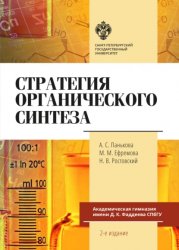

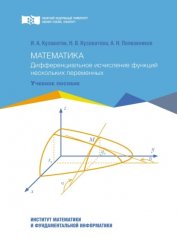
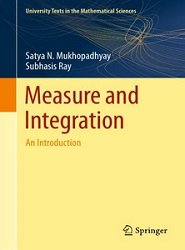 Название: Measure and Integration: An Introduction
Название: Measure and Integration: An Introduction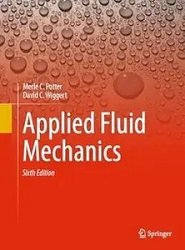 Название: Applied Fluid Mechanics Sixth Edition
Название: Applied Fluid Mechanics Sixth Edition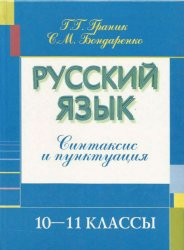

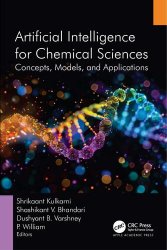
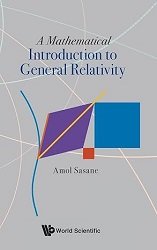 Название: Mathematical Introduction To General Relativity
Название: Mathematical Introduction To General Relativity